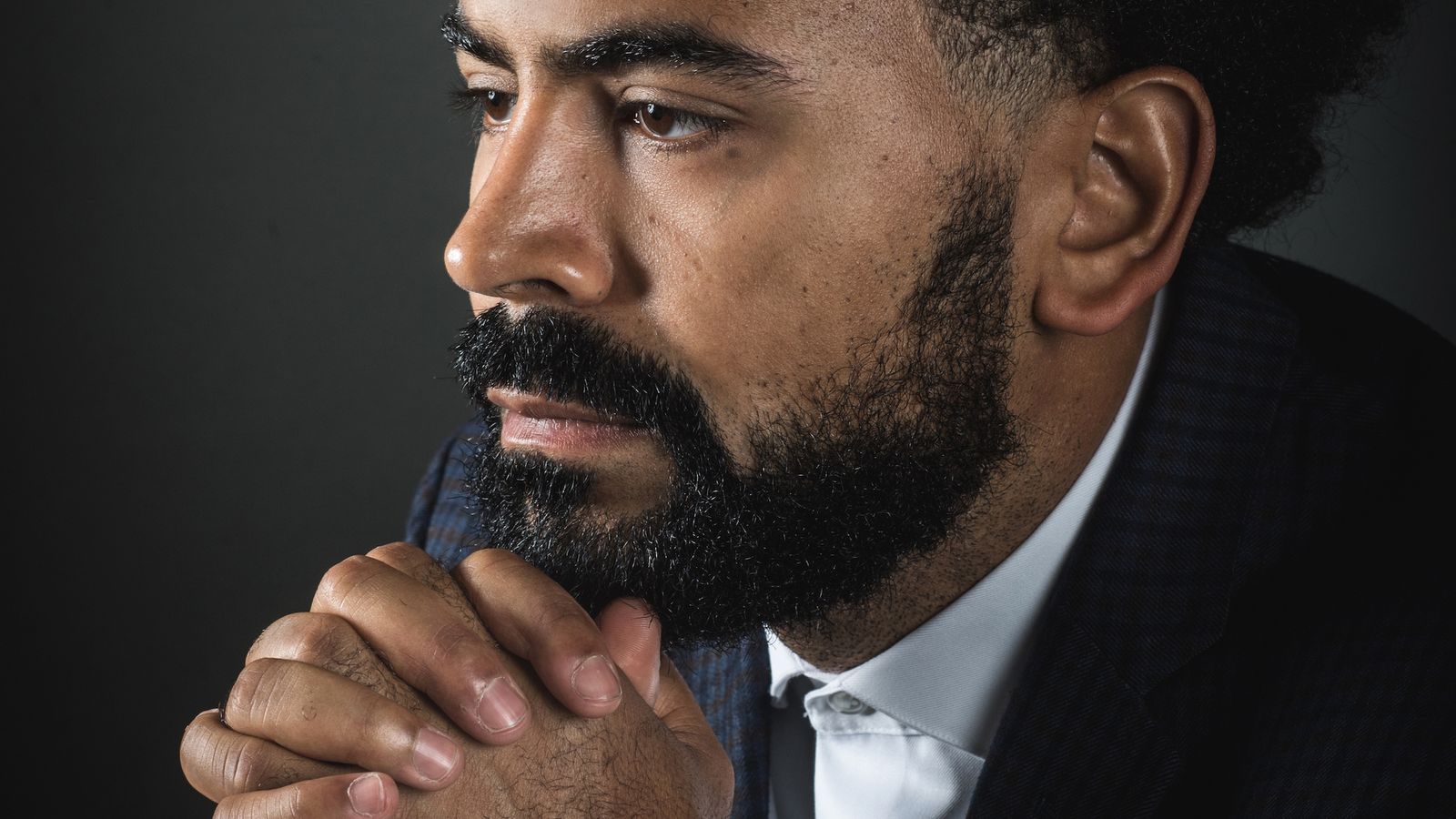BU’s The Brink: The Internet Is Unmasking Racism. Here’s What That Means to Young People of Color.

BUSSW Assistant Professor Rob Eschmann takes on racism in the Digital Age
July 30, 2019 | By Rob Eschmann
The following text is an excerpt.
Some time ago I had a debate with a friend and colleague—someone I respect and admire—about whether racism was still a serious problem in society. He saw himself as being passionately antiracist, but believed that racism was largely an evil of the past and now had a minimal impact on people’s lives. I tried to use personal examples to demonstrate that racism was still alive—from experiencing microaggressions on college campuses to my numerous interactions with the police—but in the end, I don’t think he got it.
He’s not the only one who has a hard time recognizing modern racism. Before the civil rights movement, racism was open, ugly, and legal. Today, however, discrimination has been outlawed and racism tends to be more subtle. You could say that whereas racism showed its face in the 1950s, nowadays it’s masked—hidden behind supposedly color-blind institutions and interactions.
Thankfully, a great number of scholars and activists have spent decades exploring and explaining masked racism. Research on Blacks being given longer prison sentences than Whites for committing the same crimes, unequal funding in public education, and unconscious racial bias teaches us how to recognize the subtle mechanisms and manifestations of racism in the modern era.
But for anyone who has ever read comments under a YouTube video or online news article, it is clear that not all racism in today’s digital age is subtle. Some online spaces, particularly anonymous ones, provide opportunities for people to be openly racist without social consequences.
I call this the unmasking of racism. Whereas post–civil rights movement racism has remained hidden behind friendly interactions and supposedly color-blind laws, racism is now being unmasked in online spaces, revealing the types of open and ugly racist attitudes and actions that many people in the US thought were behind us. […]
Full article from Boston University’s The Brink: https://www.bu.edu/articles/2019/internet-racism/